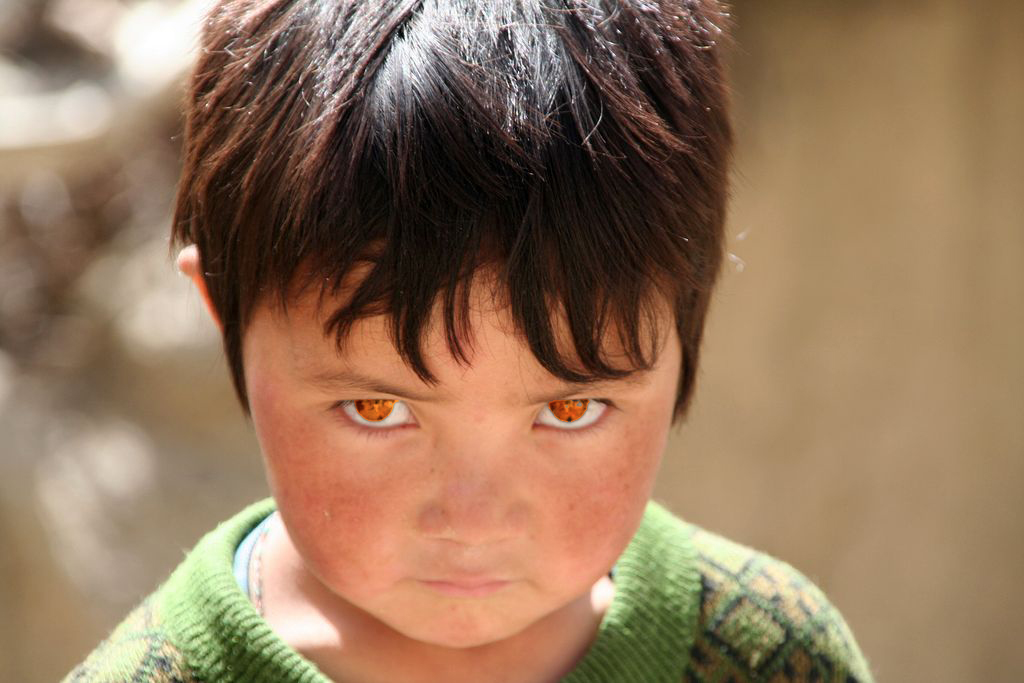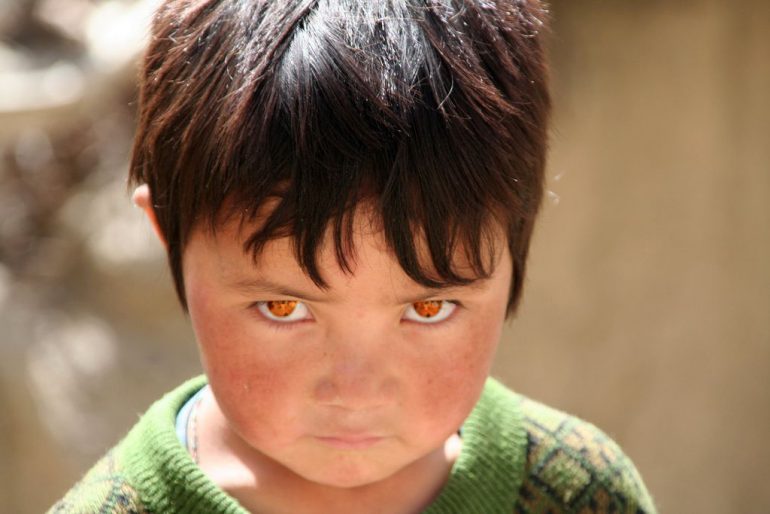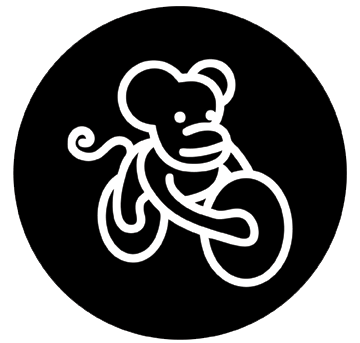Grace Q. Song

We called him Citrus Boy because his eyes were the color of summer tangerines. In our small village behind the blue mountains, most of the adults thought he was a freak or a test subject on the run from the government, but we ignored them because he belonged to us now, and we knew who he really was: a beautiful, cursed boy. The details of the curse were fuzzy, like steam on a mirror. Even the boy didn’t know who he was or why he was bound, but that didn’t stop us from trying to break the curse. The boy said it was impossible, but we didn’t listen. We stayed up at night, devouring the library and our textbooks, until the candle wick bent over and crumbled, until the fat from the wax blurred our eyes white. We searched for undoing spells, reversion spells, healing spells, but our potions exploded and glass tubes disappeared, and no one could explain why. In the garden, a swarm of locusts descended from the sky, and they munched the lavender, mugwort, and gingko to their roots. Soon, dead animals began to appear. The first was a stag. The children found him at the edge of the woods, his antlers velvet, the blood still wet, the insides of his belly splayed open like a map. We didn’t tell the adults or the authorities, afraid they’d blame our boy and take him away. But we had to keep the children quiet, so we stole their memories and ate them. After the stag, it was a wolf, his head half-severed from his body, exposing the flesh of the neck. Then a hawk, crumpled in a pond of his own feathers, his wings outstretched, curling toward the light. All the bones in his body were broken. I’ve brought my curse upon your village, the boy said. He looked so sad. We pointed to dogwood, aspen, birch, how the day after we buried those animals, a tree would grow in their place, but it didn’t matter to him. The animals kept dying. Let me go, he said. Stay, we said, even though we didn’t know how to help him. We only knew how to love him. We offered to take his sadness away, but he said he didn’t want us to eat his grief because it wasn’t healthy. One night, after bathing in the lake to keep our skin clear and hair long, we saw him kneeling by a dead fox. The head was gone, and where it used to lie, the leaves were dark with dried blood. His mouth was red. Pieces of bone and clumps of orange fur stuck to his chin. What have you done? we asked, horrified, but he didn’t answer us. He wouldn’t stop eating. Stop it! we said. We rushed to pull him away, but when we touched him, we cried out, yanking away our burned hands. We stared at our skin, peeling like petals. Tiny flames began flickering from the cuffs of his pants, growing, spreading quickly. He didn’t even notice the fire swallowing his legs and then his torso and his arms. When they reached his shoulders, he began to laugh. I figured it out, he said. I remember everything! We screamed, You won’t be free! Come back! But it was too late. His body was already thickening. Something dark and hard twisted from his spine. His arms lengthened, and he rose toward the moon like the rest of the trees, his eyes the color they once were: bright as an angel.
Grace Q. Song is a Chinese-American writer residing in New York. Her poetry and fiction have been published or are forthcoming in CHEAP POP, SmokeLong Quarterly, Passages North, PANK, The Journal, and elsewhere. A high school senior, she enjoys listening to ABBA and Joe Hisaishi. She tweets at @grasoceng.



